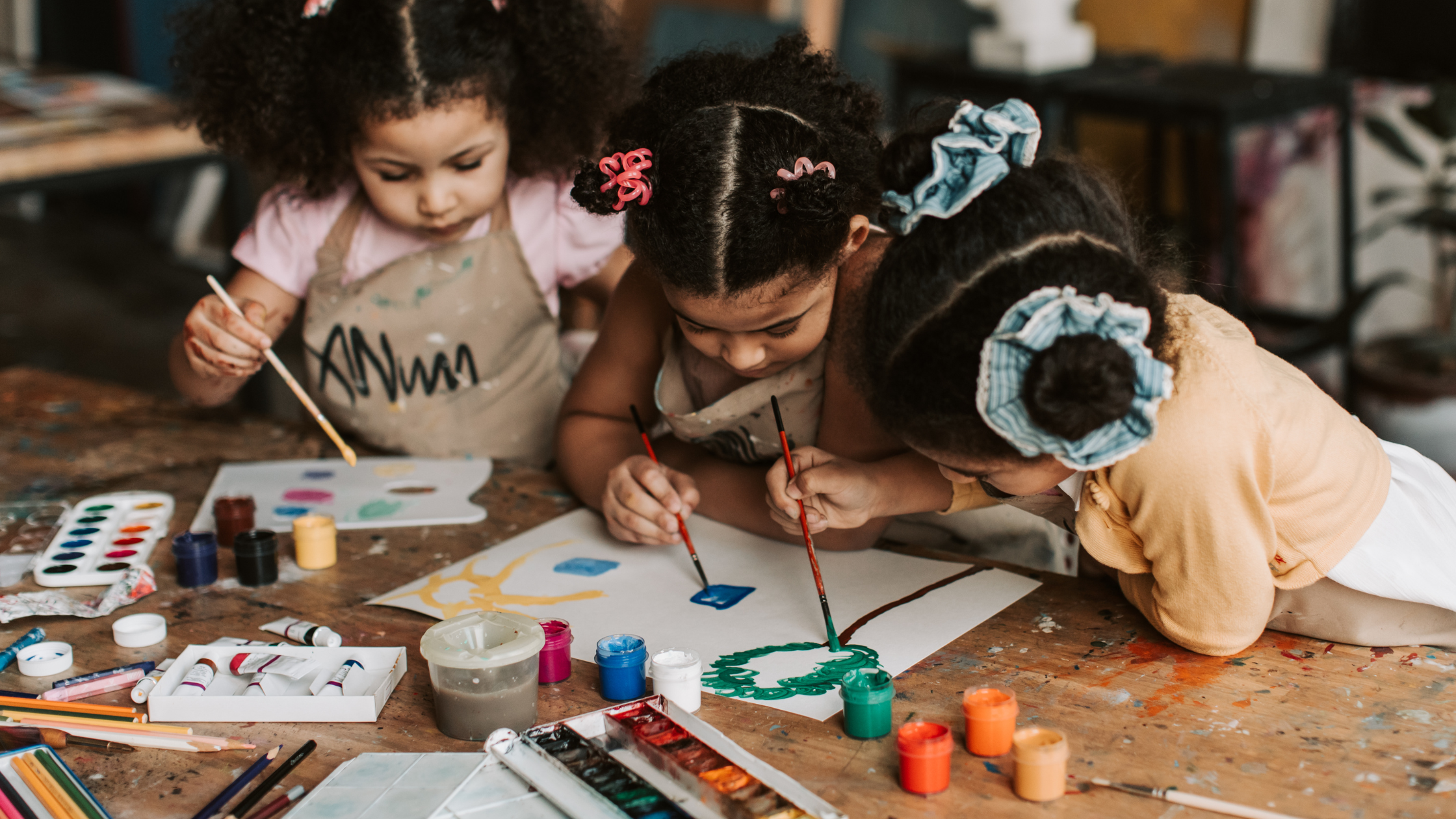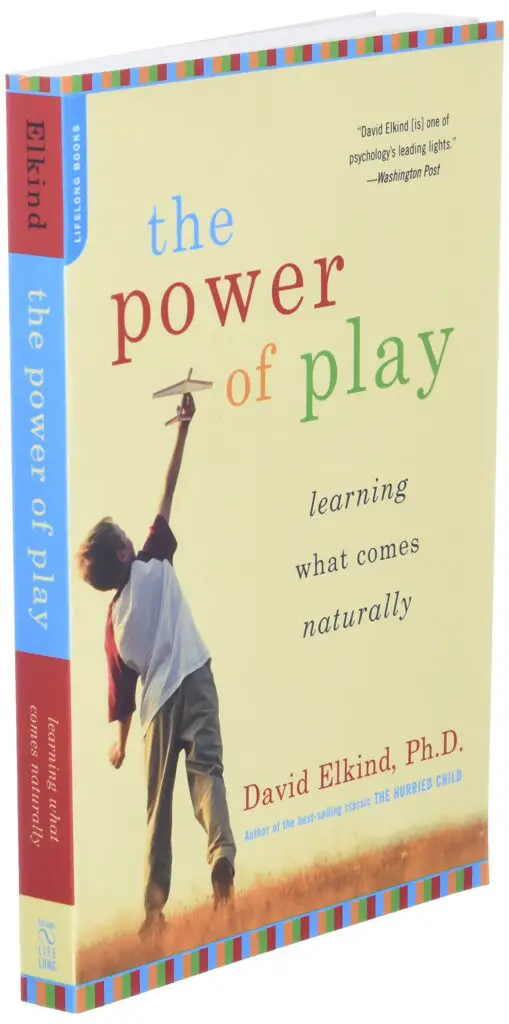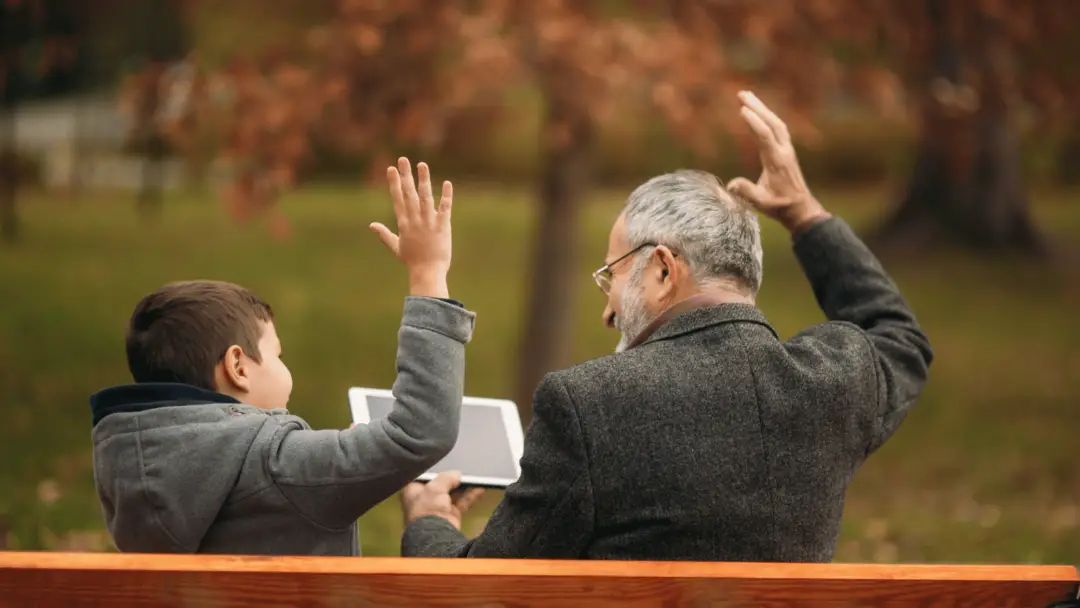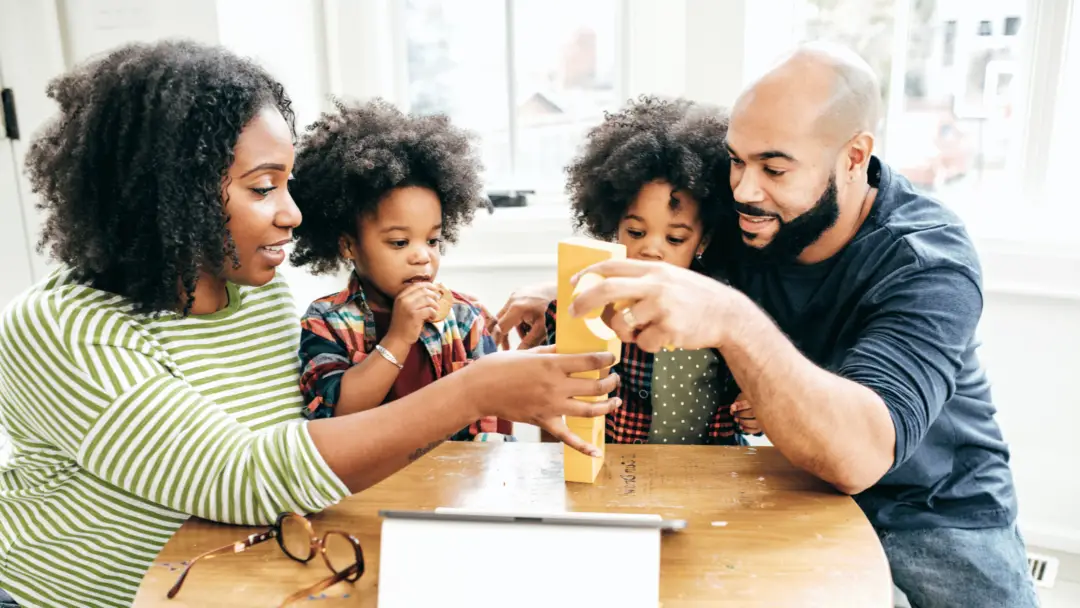This article contains affiliate links. If you make a purchase through a link on our site you are supporting our continued efforts to educate people like you in finding new and rewarding hobbies. Thank you!
Hobbies are activities that people engage in for enjoyment and leisure. They can be creative, physical, or intellectual pursuits, and they can teach us a variety of lessons about ourselves and how we interact with the world.
For children, these hobbies can be an essential part of their development, learning and well-being. Engaging in hobbies can provide numerous physical, mental, social, and educational benefits for everyone, especially young children.
Below we will explore the various ways in which hobbies can positively impact children and why it is important for them to have the opportunity to pursue their interests and passions.
Physical and Mental Benefits of Hobbies for Children
Engaging in hobbies can help children exercise their fine and gross motor skills. For example, activities such as drawing, painting, and playing musical instruments require the use of fine motor skills, while sports and dance involve the use of gross motor skills.
Hobbies can also foster creativity and problem-solving skills.
Children may need to come up with new ideas or solutions when working on a craft project or trying to improve their performance in a particular activity.
Participating in hobbies can also provide a sense of relaxation and stress relief for children.
Engaging in an enjoyable activity can take their minds off of any problems or worries they may have, leading to improved mental well-being.
Practicing the skills of emotional regulation and positive coping skills is essential for a young developing person.
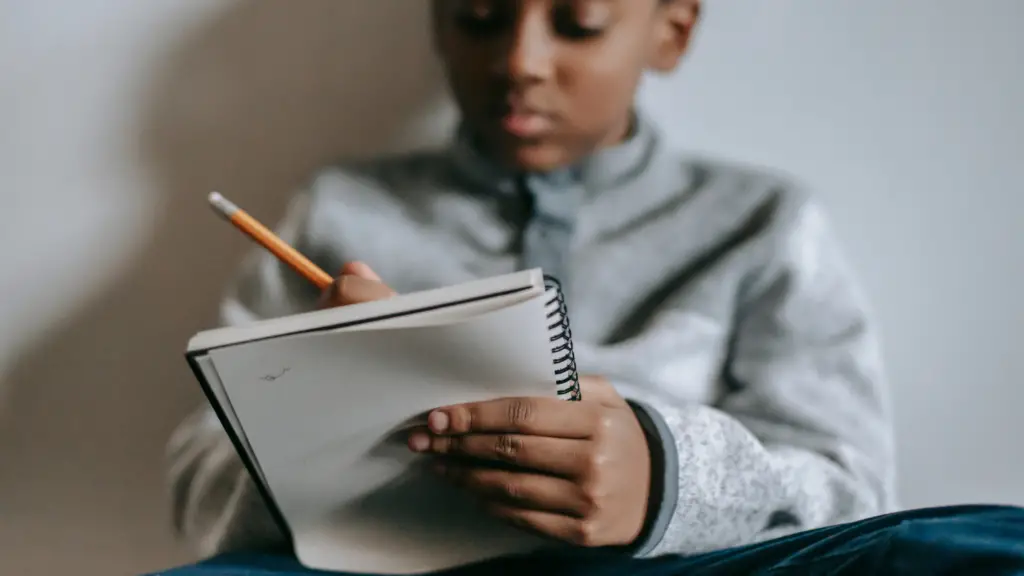
Social Benefits of Hobbies for Children
Hobbies can provide opportunities for children to work together in teams or groups and navigate social situations. Whether they are playing on a sports team or working on a group project, hobbies can teach children the importance of teamwork and collaboration.
Engaging in hobbies can also help children build friendships and social connections.
Children who participate in the same activity or club may bond over their shared interests and spend time together outside of school or other obligations.
Hobbies can also promote the development of social skills and communication.
Children may need to communicate with their teammates or group members, or they may need to interact with others while participating in a hobby, such as asking for help or joining a conversation.
All of these experiences can help children improve their social skills.
In “The Power of Play” David Elkind explains, “Play is the child’s first and most important relationship. Through play, children learn to relate to others, to communicate with them, and to socialize with them.”
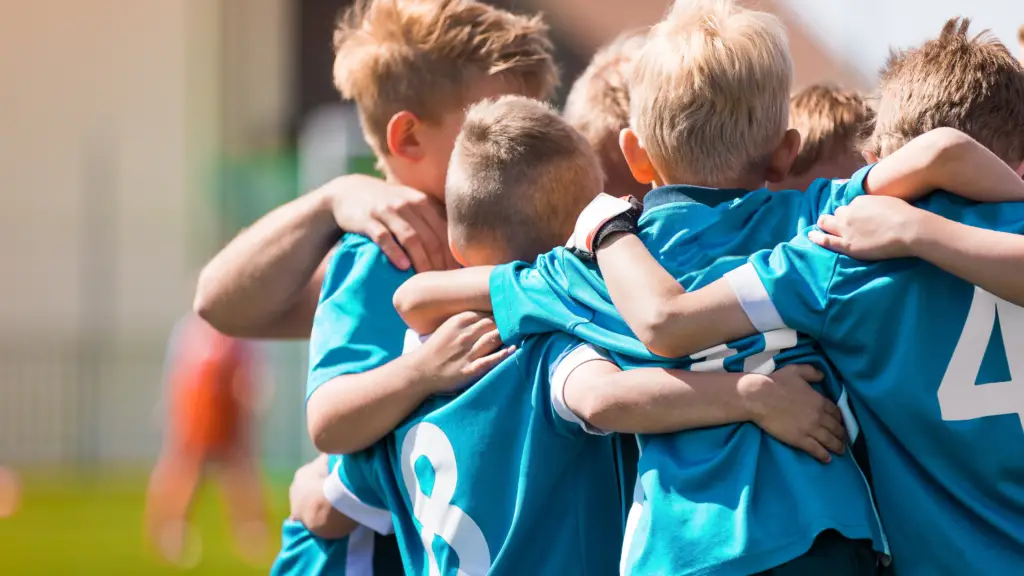
Educational Benefits of Hobbies for Children
Participating in hobbies can expose children to new knowledge and skills. For example, a child who takes up an instrument may learn about music theory and technique, while a child who takes up a sport may learn about proper training and nutrition.
Engaging in hobbies can also improve academic performance.
Children who are interested in and motivated by their hobbies may be more likely to pay attention in class and complete their homework, leading to better grades.
Hobbies can also encourage self-directed learning and curiosity.
Children may be inspired to learn more about their hobbies and seek out additional resources or information on their own. This can foster a love of learning and a desire to explore new topics that can last a lifetime.
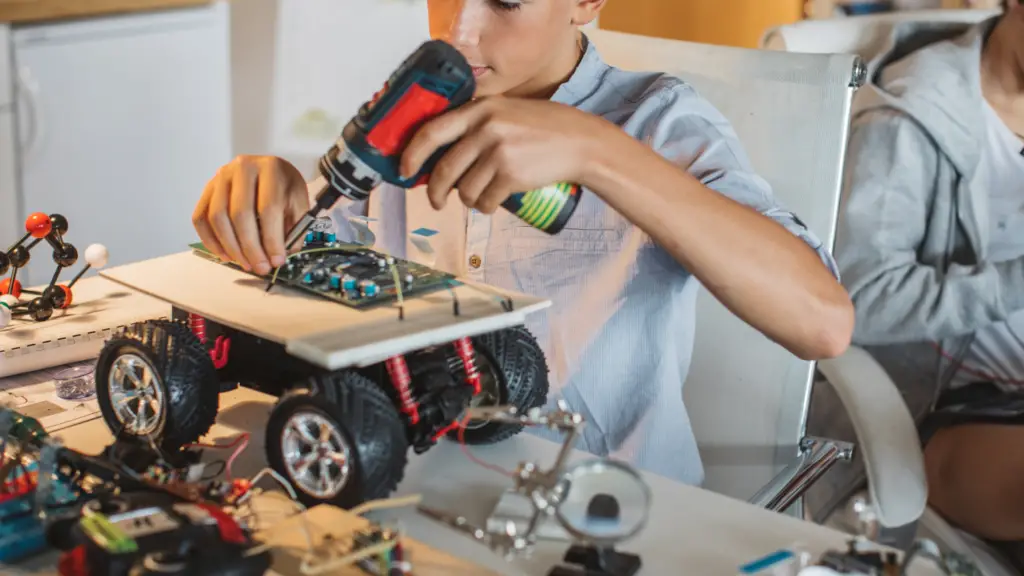
How can I help my child discover and try new hobbies?
Here are a few ways to help your child discover new hobbies:
- Encourage exploration and experimentation: Encourage your child to try new things and explore different interests. This could involve signing them up for classes or workshops, taking them to community events or fairs, or simply providing them with resources and materials to try out new activities on their own.
- Keep an open mind: It is important to be open and supportive of your child’s interests, even if they are different from your own. Avoid dismissing their ideas or hobbies out of hand and be willing to try new things with them.
- Offer guidance and support: While it is important to give children the freedom to explore their own interests, it can be helpful to offer guidance and support as they try new things. This could involve helping them find resources or providing them with materials or equipment they need to pursue their hobbies.
- Encourage involvement in community activities: Participating in activities and clubs within the community can be a great way for children to discover new hobbies and interests. Encourage your child to get involved in local sports teams, music or art programs, or youth organizations.
- Model an interest in hobbies: Children often look to their parents and other adults as role models, so it is important to model an interest in hobbies and leisure activities. By participating in your own hobbies and sharing them with your child, you can help inspire their curiosity and encourage them to try new things.
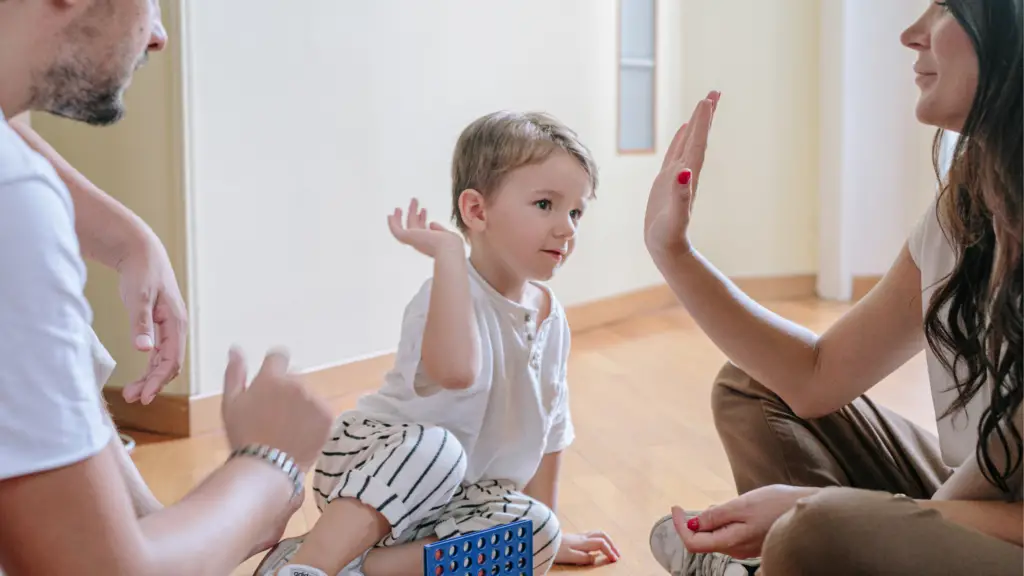
How many hobbies should children have?
Some children may enjoy having a wide variety of hobbies, while others may prefer to focus on one or two activities that they are particularly passionate about.
It is ultimately up to each child to decide how many hobbies they want to have and what types of activities they want to pursue.
It is important to encourage children to explore different interests and try new things, but it is also important to respect their decisions about what they want to pursue and how much time they want to devote to their hobbies.
It is generally more beneficial for children to be engaged in activities that they enjoy and find meaningful, rather than trying to fit a certain number of hobbies into their schedule.
Check out our article on How to Make Time for Multiple Hobbies with tips and resources for adults and children on how to manage time and hobbies effectively.
Books That Highlight the Importance of Hobbies & Play for Children
- “The Power of Play: Learning What Comes Naturally” by David Elkind – In this book, Dr. David Elkind argues that play is an essential part of children’s development and that it should be valued and supported by adults. He discusses the many ways in which play helps children learn and grow, and he offers practical advice for parents and educators on how to promote play in children’s lives.
- “The Case for Make-Believe: Saving Play in a Commercialized World” by Susan Linn – In this book, Susan Linn makes the case for the importance of imaginative play in children’s lives. She discusses the many ways in which play helps children develop important skills and abilities, and she argues that the commercialization of play is threatening this important aspect of childhood. She offers practical suggestions for parents and educators who want to support and encourage imaginative play in children.
“The joy of make believe is the joy of being able to create one’s own reality, and the joy of being able to control one’s own experience. When children are allowed to make believe, they are empowered. They are able to imagine and create their own worlds, to play with ideas and explore their own creativity.”
“The Case for Make-Believe: Saving Play in a Commercialized World” by Susan Linn
Hobby Ideas for Children
Here are a few ideas for hobbies that children might enjoy:
- Art and craft activities, such as drawing, painting, sculpting, and paper crafts. Check out our list of craft hobby ideas and try some new activities.
- Outdoor activities, such as biking, hiking, gardening, or playing sports. Check out our huge list of outdoor hobby ideas to help your child explore hobby options.
- Music hobbies, such as learning to play an instrument or singing in a choir.
- Cooking or baking, either with supervision or age-appropriate tasks they can do on their own. Check out our list of food hobbies for more ideas.
- Reading, either alone or as part of a book club.
- Collecting items such as stamps, coins, or rocks.
- Building with materials such as LEGO or wooden blocks. Check out our list of hobby ideas to build things for more ideas.
- Participating in a club or group activity, such as a science club, a drama group, or a sports team. Many schools and community centers offer clubs and groups to choose from.
- Creative writing, such as keeping a journal or writing stories.
- Sports, individual sports like running, tennis or bowling or team sports like soccer, lacrosse or baseball. Sports and team activities can be a great way for children to stay active and healthy, while also learning teamwork, sportsmanship, and discipline.
It’s important to encourage children to try a variety of hobbies to find what they enjoy and are good at.
It’s also important to consider their age and interests when choosing a hobby, and to provide age-appropriate materials and supervision as needed.

Conclusion
In summary, hobbies can provide numerous physical, mental, social, and educational benefits for children.
They can help children exercise their fine and gross motor skills, foster creativity and problem-solving skills, provide stress relief and improve mental well-being, offer opportunities for teamwork and collaboration, build friendships and social connections, and promote self-directed learning and curiosity.
It is important for children to have the opportunity to pursue hobbies that align with their interests and passions.
This can help them develop a sense of purpose and fulfillment and encourage them to continue exploring and learning about the world around them.
While it is important for children to have the opportunity to pursue their interests and passions, it is also important for them to have the freedom to explore and discover what they enjoy on their own terms.
Forcing a child to engage in an activity that they are not interested in can lead to frustration and resentment, and it may ultimately discourage them from pursuing hobbies at all.
It is better to allow children the space to discover their own interests and support them in their endeavors, rather than trying to direct their hobbies or activities.
It can be helpful to expose children to a variety of activities and hobbies, but it is ultimately up to them to decide what they want to pursue. Encourage your child to try new things and explore different interests, but don’t pressure them to engage in activities that they don’t enjoy.
Be there for them, guide them and learn with them on their journey!

